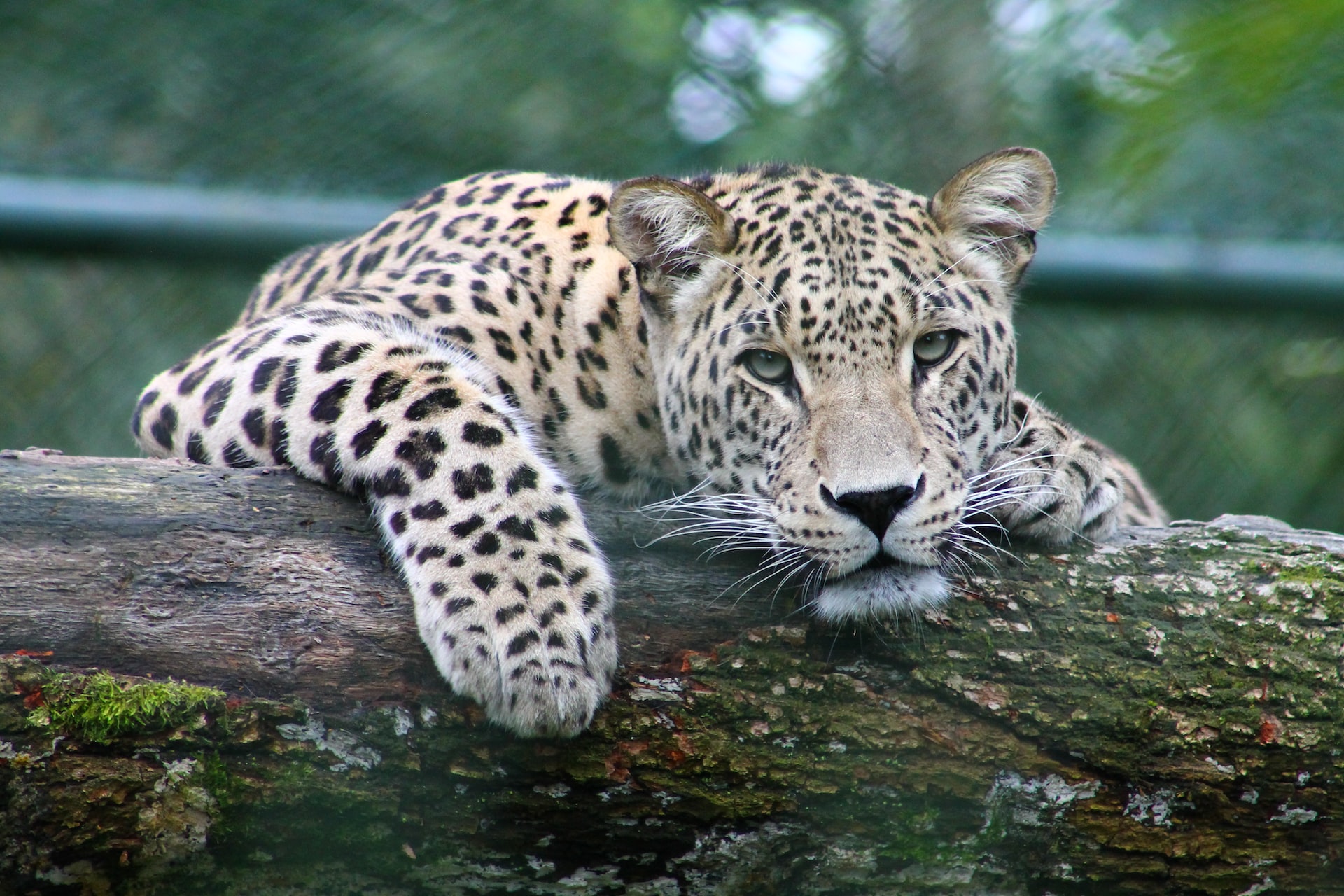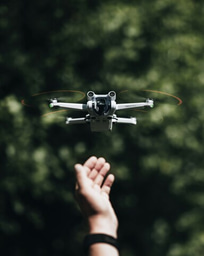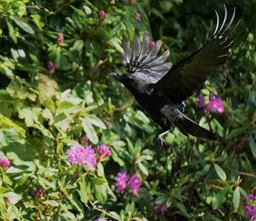Human-wildlife conflicts; a South African perspective

Today at the catalyst table I have brought you @Nonkululeko a Conservationist from South Africa, but you can call her Freedom. Freedom conducts wildlife research, wildlife monitoring and is a community liaison. She is also an independent Science Communicator. Her interest lie in human-wildlife conflicts, which is the main reason she specialised in science communication.
Freedom has worked for different game reserves in her country. Her future goal is to spread her wings and explore wildlife in other countries.

I recently had an interview with Freedom, please find it below:
Ussi:👨🏽💻
What is human/wildlife conflict and why it is important to reduce human/wildlife conflict?
Freedom: "Human wildlife conflict is defined as an interaction between humans and animals that result in negative impacts. I choose to define human wildlife conflict as an ‘alleged’ interaction between humans and wildlife and I use the word ‘alleged’ because in most cases wild animals have no intentions of interacting with humans. Usually, humans notice an animal first and immediately feel threatened.
In most cases animals end up getting killed. We are losing a lot of species and there is already a pressure from poaching and climate change"
Ussi:👨🏽💻
What are some examples of human-wildlife conflicts?
Freedom: "In my country which is South Africa, big cats often escape in game reserves and wonder around in communities. No matter what fence you put, big cats' especially leopards will always find a way to escape. Livestock often gets killed and unfortunately communities react by killing the cat. Sometimes communities kill an animal that escaped for skin or 'medical' purpose.
Elephants are also known to stir human-wildlife conflicts. A lot of communities near game reserves often get raided by elephants. Even though South Africa has a lot of game reserves and biodiversity, a lot of people however fear wild animals and human-wildlife conflict is unfortunately still a big issue in my country"
Ussi:👨🏽💻
What are the measures that the government has taken to protect the forest cover and wildlife of South Africa?
Freedom: "Game reserves often do fence patrols to check if no animals have escaped the protected area. There are also a lot of organizations that are always on standby to rescue wild animals that invade human spaces. However, human-wildlife conflicts are still a big problem especially in the KwaZulu Natal province. Biodiversity protection is part of the law in South Africa and we have a special division of the government that deals with nature conservation. "
Ussi:👨🏽💻
How did you hear about WildHub and how did you become a WildHub member?
Freedom: "I first discovered WildHub through WildTeam UK on Facebook. I was attracted by their training program, which is absolutely amazing and relevant, so I immediately joined. No regrets!!"
Ussi:👨🏽💻
Based on your professional background, what are the top 5 lessons you can share with us?
Freedom👇🏼
📖"Here are the top five lessons I learned
- Be patient. When you are in conservation you are not only working with nature but also humans and humans are very opinionated. It is important to always consider social issues, economics and the environment.
- Conservation is a responsibility for everyone on earth. Feel free to ask for help.
- Conservation is complex. Learn and add to your skills if you get a chance. Don't be afraid to adapt to change, don't be afraid to be friends with technology (just don't tell anyone ;)
- It's okay if you don’t produce the expected results. You still made an impact.
- Conservation is not boring. Explore, network and most importantly have fun.
Ussi:👨🏽💻
How does your research impact other people in conservation?
Freedom: "Results from research we do in game reserves are used by reserve managers, government sectors and organizations to better manage protected areas. Results from wildlife monitoring can also be used by anti-poaching units"
Ussi:👨🏽💻
Is there something that would make WildHub even better for you or people you know?
Freedom: "I absolutely love WildHub and to be honest I wouldn’t change anything for now"
Ussi:👨🏽💻
Thanks, Freedom, for sharing your insights and wisdom with our WildHub members and many others around the world. I particularly like your insights on human-wildlife interactions and am inspired by your actions to create positive action for biodiversity.






Please sign in or register for FREE
If you are a registered user on WildHub, please sign in